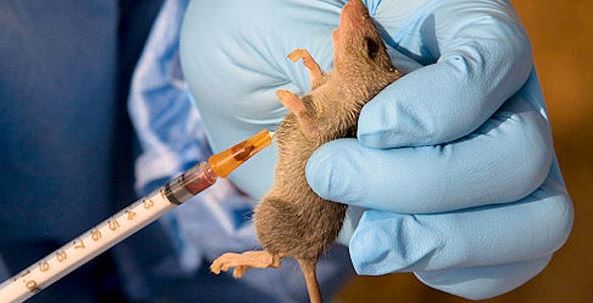The World Health Organization (WHO) has identified more than 30 pathogens that could potentially cause the next pandemic in the African region. This was revealed in the organization’s latest report, titled *“Pathogens Prioritisation: A Scientific Framework for Epidemic and Pandemic Research Preparedness.”*
The report lists a variety of viruses and bacteria, including Lassa fever, Mpox, Ebola, dengue fever, respiratory viruses, Severe Acute Respiratory Syndrome (SARS), and the Chikungunya virus, among others. These pathogens were highlighted due to their potential to cause widespread health crises.
Lassa fever, which is endemic in Nigeria, is particularly concerning, with cases typically peaking during the dry season from December to April. The report warns that the number of infections is expected to rise during this period.
Mpox, another significant concern, has been linked to different viral clades in various African countries. Clade 1b has been confirmed in Kenya, Rwanda, and Uganda, while the clade responsible for outbreaks in Burundi is still under investigation. Meanwhile, Clade 1a has been reported this year in the Democratic Republic of Congo, Central African Republic, and the Republic of Congo, and Clade 2 in Cameroon, Côte d’Ivoire, Liberia, Nigeria, and South Africa.
In response to the rising threat of dengue fever, the WHO has recently prequalified TAK-003, a new vaccine, to combat the surge in mosquito-borne viral infections across Africa, Asia, and the Americas.
The WHO’s prioritisation report was based on an extensive evaluation by over 200 scientists from more than 50 countries. These experts reviewed data on 28 virus families and one core group of bacteria, analyzing a total of 1,652 pathogens. The risk of epidemic and pandemic was assessed by considering factors such as transmission patterns, virulence, and the availability of diagnostic tests, vaccines, and treatments.
The Coalition for Epidemic Preparedness Innovations (CEPI) and the WHO have called on researchers and governments worldwide to strengthen and accelerate research efforts to prepare for the next pandemic. CEPI’s Chief Executive Officer, Dr. Richard Hatchett, emphasized the importance of the WHO’s scientific framework, describing it as a vital shift in the global approach to developing countermeasures against potential epidemics and pandemics.

